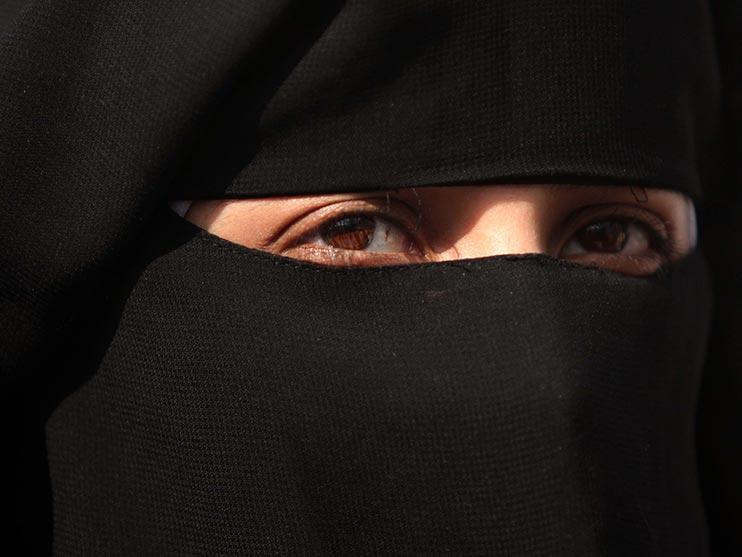David Cameron supports removal of Muslim veils in schools
'If you need to be able to see someone’s face at the border, then I will always back the authority and institution that have put in place proper and sensible rules'

David Cameron has said he backs the right for UK schools to prevent Muslim girls from wearing veils in the classroom.
The Prime Minister said he would support "proper and sensible rules", which may require people to show their faces in some circumstances, but did not advocate a nation-wide ban on full-face coverings.
Mr Cameron made the comments as he announced a number of new measures aiming to tackle radicalisation and segregation in British Muslim communities.
Speaking to BBC Radio 4 on Monday, the Prime Minister said: “I think in our country people should be free to wear what they like and, within limits, live how they like and all the rest of it.

“What does matter, if for instance a school has a particular uniform policy, sensitively put in place and all the rest of it, and people want to flout that uniform policy, often for reasons that aren’t really connected with religion, I think you should always come down on the side of the school.”
Mr Cameron said he would also support the principle when applied in courts or at border controls, but would not back a French-style burqa ban.
“When coming into contact with an institution or you’re in court, or if you need to be able to see someone’s face at the border, then I will always back the authority and institution that have put in place proper and sensible rules.”
“Going for the French approach of banning an item of clothing, I do not think that’s the way we do things in this country and I do not think that would help.”
France banned Muslim women from wearing full-face veils in 2010.
Education watchdog head, Sir Michael Wilshaw, also supported a ban on veils in the classroom saying inspectors have sometimes found coverings cause communication problems during lessons.
Sir Michael told BBC's Newsnight: “We have come a long way in our society to ensure that we have equality for women and that they are treated fairly, We mustn’t go backwards.”
“Many inspectors say ion occasions they go into classrooms where they see there are problems about communications.”
The comments come as Education Secretary, Nicky Morgan, launches a new website “educate against hate” on Tuesday, in order to protect young people from radical views, providing information for schools and parents to tackle the “spell of twisted ideologies”.
When asked if pupils should be able to wear veils in schools, Ms Morgan told BBC Radio 4 on Tuesday: "We're not going to tell people what they can and can't wear", but added schools did have the right to uphold a uniform policy.
The Prime Minister unveiled a number of policies on Monday to prevent people travelling to the Middle East to join terrorist groups, including deporting people who have arrived in Britain on spousal visas with low English skills and who fail to improve their English over two and a half years.
His remarks were followed by much criticism warning Mr Cameron risked “stigmatising” Muslim women with “clumsy” policy announcements.
Lady Warsi - who was the first female Muslim cabinet minister - told The World at One: "I think it is lazy and sloppy when we start making policies based on stereotypes which do badly stigmatise communities."
Lady Warsi said "threatening" women - even those who have children in the UK - with being "sent back" was "a very unusual way of empowering and emboldening women".
Shadow home secretary Andy Burnham said: "His clumsy and simplistic approach to challenging extremism is unfairly stigmatising a whole community. There is a real danger that it could end up driving further radicalisation, rather than tackling it."
Additional reporting by Press Association
Join our commenting forum
Join thought-provoking conversations, follow other Independent readers and see their replies
Comments